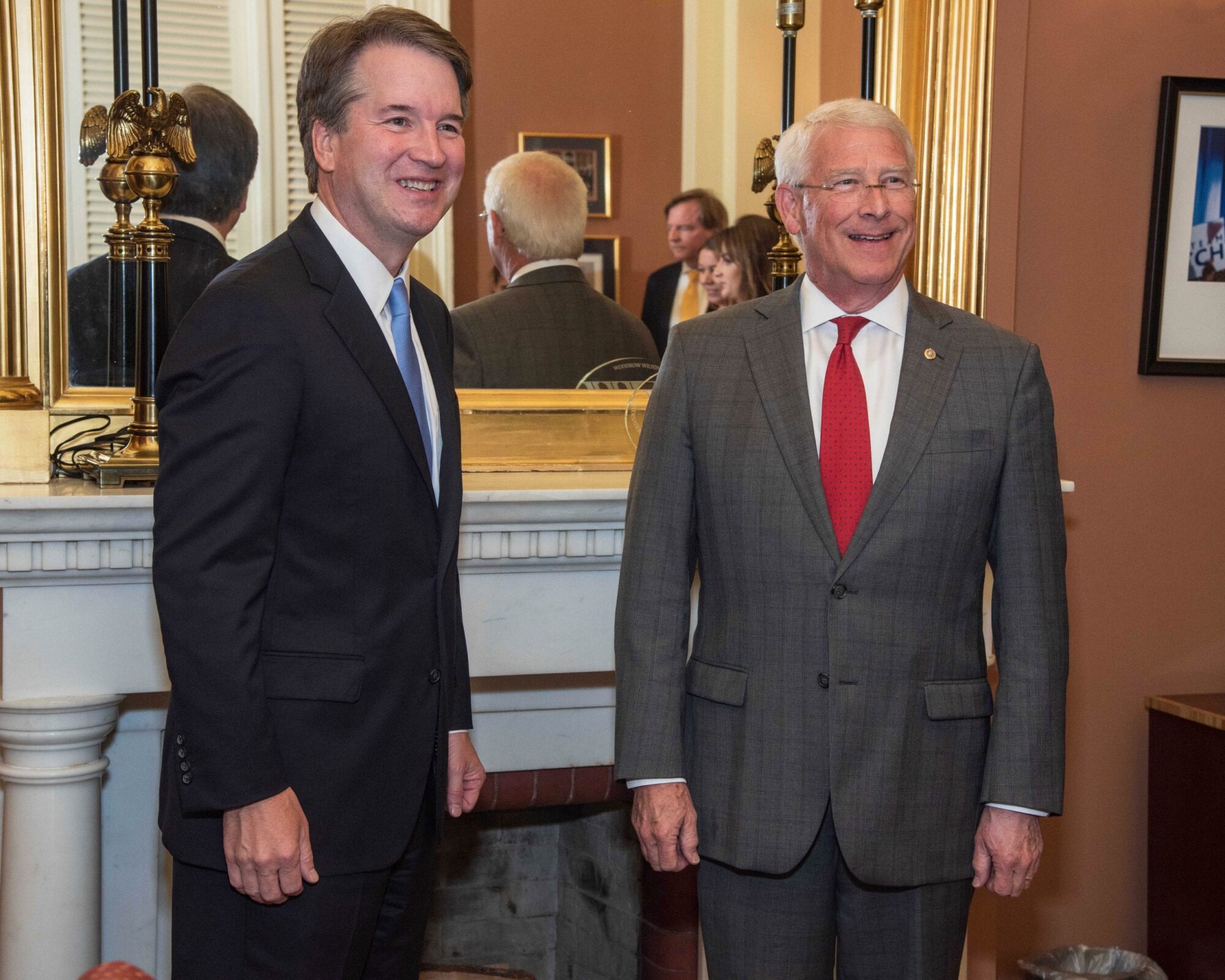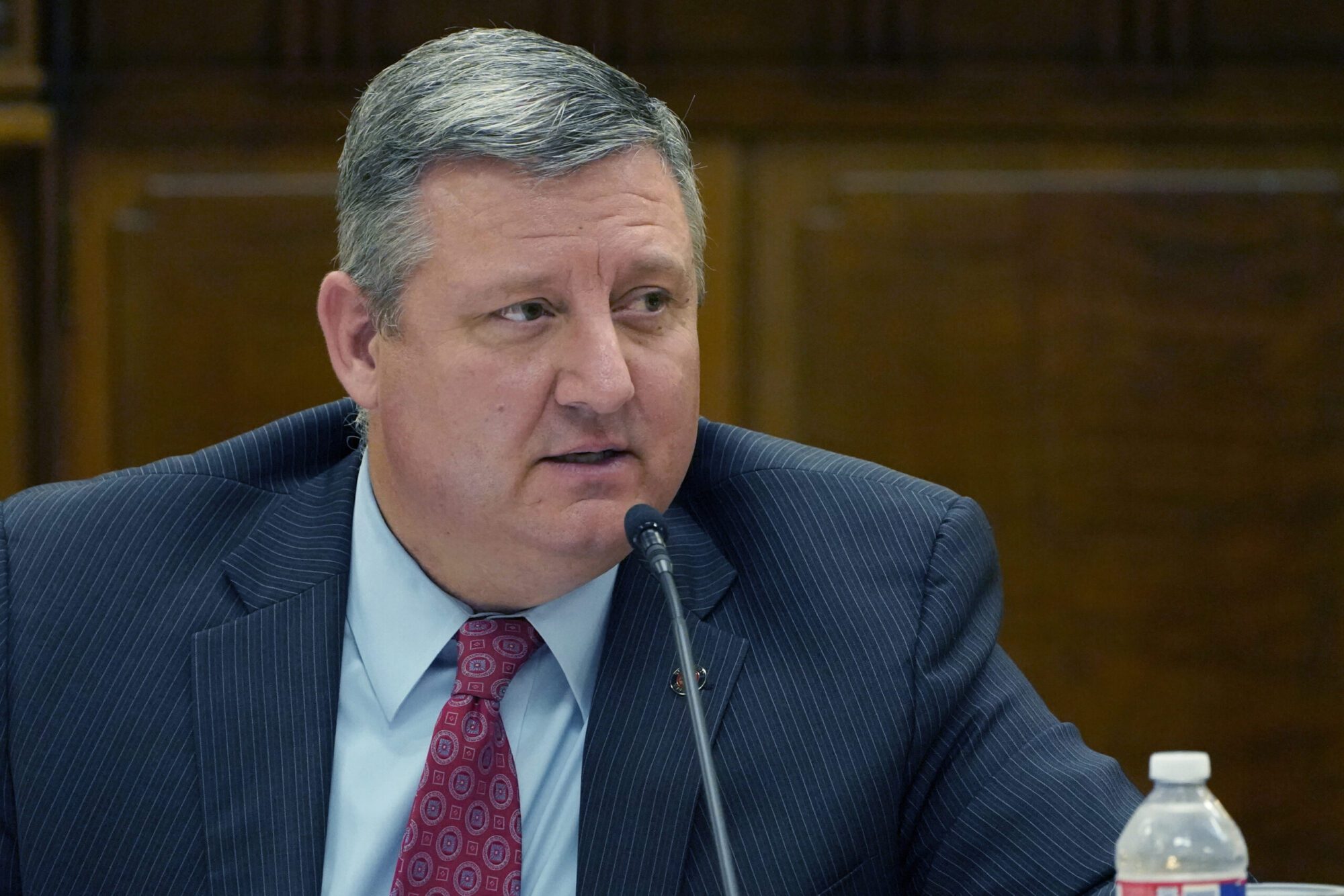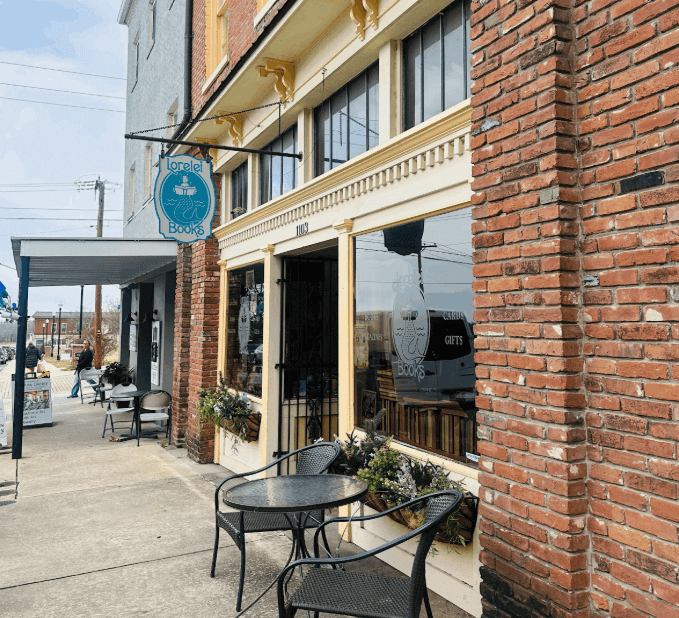
By: Sid Salter
While it’s easy to get caught up in the lunge-and-parry of personality politics in Mississippi’s 2018 congressional elections, the fact is that this election cycle is fraught with issues and concerns that are very real to Mississippi voters and that’s particularly true for Mississippi farmers, ranchers, and producers.
I had an opportunity to speak to the Mississippi Farm Bureau’s Summer Commodities Conference last week in Natchez and during the drive down I was taken by the number of yard signs I saw on family farms. Those signs by and large didn’t endorse a particular candidates, but offered a message to all candidates: “We Farm. We Vote.”
There are, according to the Mississippi State University Division of Agriculture, Forestry and Veterinary Medicine, some 36,200 farms in Mississippi comprising 10.7 million acres. Some 16,355 of those farms represent the sole occupation of the families living and working on them.
There’s another 19.7 million acres of timber lands in production in the state, impacting some 125,000 landowners.
The farm-gate value of Mississippi agriculture production is about $7.56 billion annually. Agriculture and forestry production add a combined $16.41 billion to the state’s economy. To be sure, Mississippi farmers are concerned about state issues as well as national policies and the realities of U.S. trade policies under the leadership of the Trump Administration.
What are Mississippi farmers, landowners, ranchers, and producers growing? In order of market segment, it’s poultry and eggs, timber, soybeans, cotton, and corn. Mississippi is the country’s top catfish producing state.
We also rank high in production of pulpwood, sweet potatoes, cotton, cottonseed, broilers, rice, peanuts, and blueberries. All those crops produced in Mississippi rank in the Top 10 states nationally.
During the Farm Bureau Commodities conference, Mississippi House Speaker Philip Gunn of Clinton talked to conference attendees from across the state about the prospects for finding funding to improve the state’s roads and bridges. For farmers utilizing farm-to-market roads, few topics carry more import and more daily impact.
A Federal Communications Commission official talked to Farm Bureau members about rural broadband. With farmers increasingly utilizing Internet-driven technology and tools to protect and increase crop yields and to maximize narrow planting and irrigation windows, that’s not a question driven by the desire of rural residents for uninterrupted access to Netflix or Amazon Prime.
Immigration is a bedrock issue for Mississippi agriculture, particularly in labor intensive pursuits like poultry production and processing and on sweet potato farms. Farmers want secure borders, but chafe under the red tape necessary to utilize immigrant labor in accordance with federal regulations.
Talk of trade wars and tariffs are sobering and real to Mississippi farmers. Trade rifts with China brought a 25 percent tariff on soybeans. With total U.S. soybean exports to China topping more than $12 billion annually, Mississippi’s part of those exports to China were $109.7 million in 2017.
The tariffs announced by President Trump drew sharp criticism from Mississippi Democratic U.S. Rep. Bennie Thompson of Bolton, whose constituents will feel a great deal of the economic impact of the tariffs.
In recent days, Trump countered some of the Democratic criticism of his trade policies by announcing $12 billion in aid for farmers impacted by the new Chinese tariffs. Secretary of Agriculture Sonny Perdue called the plan a “short term solution” to give Trump a chance to continue to negotiate fairer overall trade deals with China and other trading partners.
Members of the state’s congressional delegation and their opponents will tell quickly that the little signs dotting Mississippi family farms are true – they farm, they vote. The same is true for state lawmakers. Even with their activism, farming remains a tough life for those Mississippians seeking to carry on the mission of feeding America and the world beyond our borders.











